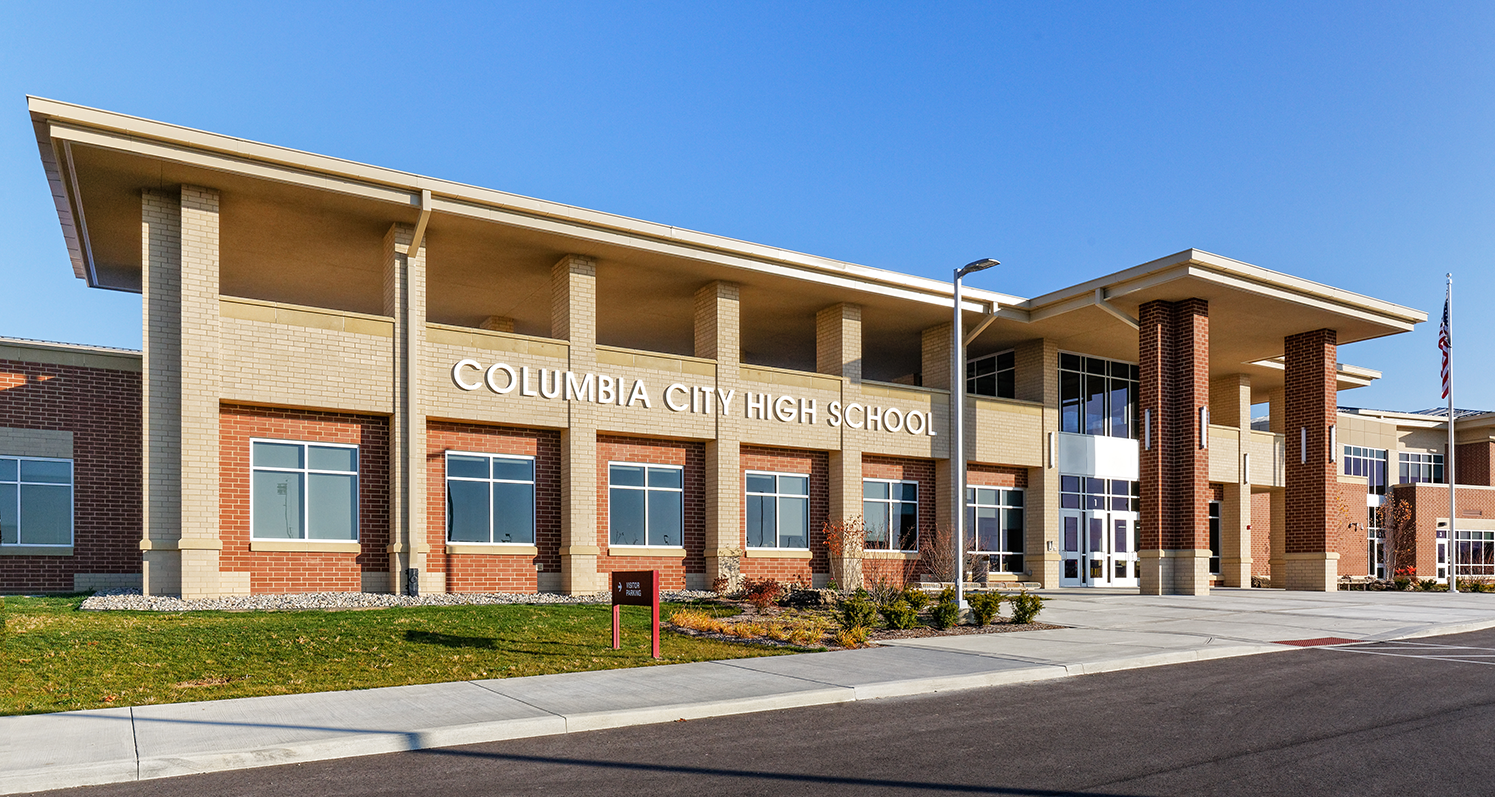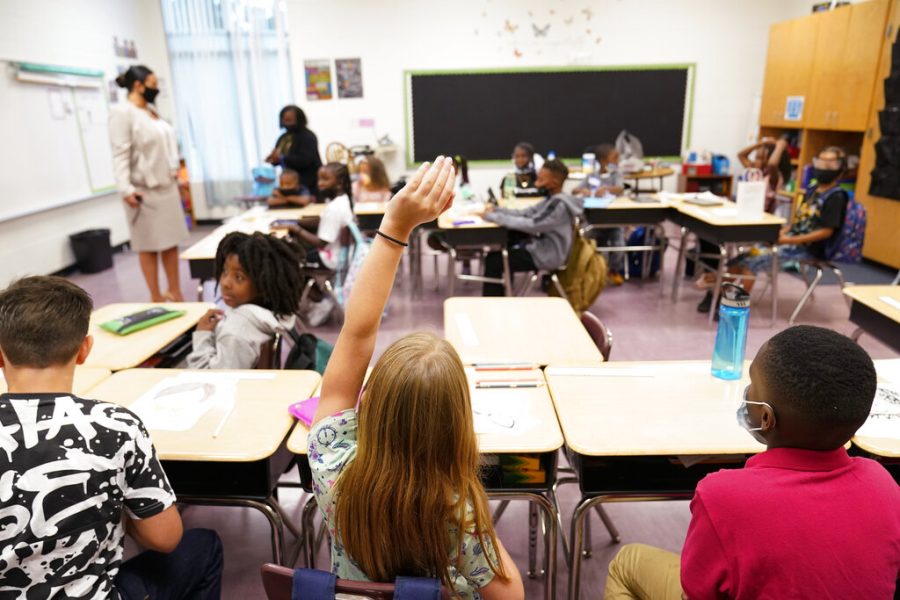Join the Activity to Save Temecula Schools: Area Activity Needed!
Join the Activity to Save Temecula Schools: Area Activity Needed!
Blog Article
How Schools Play a Critical Role in Shaping Future Leaders and Trendsetters
By incorporating project-based understanding and interdisciplinary researches, educational organizations challenge students to examine and manufacture intricate details. Teachers offer as advisors, directing pupils and supporting their capacity, while extracurricular tasks even more establish management skills and resilience.
Promoting Important Assuming
In today's rapidly evolving globe, fostering important thinking within schools has actually become vital. As society comes to grips with significantly complex global difficulties, the capability to assess, assess, and manufacture information is necessary. Institutions play a critical function in developing these skills, preparing trainees to browse and attend to diverse problems with informed, reasoned decisions.
To grow important reasoning, teachers use numerous instructional techniques that encourage active learning and intellectual engagement. Classroom conversations, problem-based understanding, and Socratic examining are instrumental in advertising logical and reflective mind. By challenging students to interrogate presumptions and take into consideration numerous perspectives, these techniques make certain a much deeper understanding of topic past memorizing memorization.
Moreover, incorporating essential assuming across the educational program reinforces its importance and applicability in varied contexts. Subjects such as maths, science, background, and literature each deal unique chances to establish students' important faculties. For example, examining historic events calls for comprehending and reviewing sources context, while scientific query demands strenuous hypothesis screening and evidence-based thinking.
Inevitably, instilling vital thinking skills in pupils outfits them with the cognitive tools required for lifelong discovering and adaptability. It is via this foundational skills that future leaders will be able to introduce, resolve issues, and contribute meaningfully to society.
Encouraging Creativity
Accepting creativity within educational frameworks galvanizes students to believe past standard limits and explore ingenious options. By integrating creative ventures and creativity exercises right into the educational program, schools grow an environment where creativity and creative idea are valued. This method not just enriches the educational experience however likewise outfits students with the ability to deal with real-world difficulties in unique means.
Educational institutions can promote creative thinking through diverse ways such as project-based learning, interdisciplinary research studies, and the unification of arts and innovation. Project-based understanding, as an example, motivates pupils to apply their expertise in practical, commonly collective, tasks that demand innovative analytical skills. Interdisciplinary studies enable students to draw connections in between different topics, consequently broadening their viewpoints and improving their imaginative capabilities.
Furthermore, providing pupils with chances to engage with emerging technologies, such as coding and electronic layout, further nurtures their innovative potential. These tasks prompt trainees to experiment, fail, and iterate, which are essential parts of the imaginative procedure (Save Temecula Schools). By preserving a supportive setting where trial and error is encouraged, colleges can make sure that pupils establish the self-confidence to pursue innovative concepts
Basically, supporting imagination in educational settings is vital for forming future leaders and pioneers with the ability of resolving complicated global issues with resourcefulness.
Encouraging Cooperation

Carrying out group-based discovering modules and cooperative projects permits trainees to experience the dynamics of teamwork firsthand. This not only prepares them for the joint nature of modern-day offices however likewise supports leadership qualities as they frequently have to tackle functions such as project managers or team organizers. Furthermore, partnership in the classroom can damage down social obstacles and promote inclusivity, ensuring that each pupil really feels valued and listened to.
Moreover, incorporating innovation can better sustain collective efforts. Devices like shared interactive platforms and digital work spaces enable students to work with each other effectively, even outside the classroom. As trainees develop these collaborative skills, they are better outfitted to take on complex obstacles and innovate, laying the groundwork for their future roles as leaders and innovators.
Role of Educators as Advisors

Mentorship involves individualized attention, where teachers recognize and nurture private strengths and address weak points. Save Temecula Schools. Through individually communications, instructors can customize their advice and assistance to satisfy each pupil's unique requirements, promoting a feeling of self-confidence and strength. This personalized method cultivates a growth attitude, urging students to watch failings as opportunities for learning and development
Furthermore, instructors act as role designs, showing the values of willpower, empathy, and stability. Their activities and mindsets give a plan for trainees to replicate, instilling a sense of honest obligation and social recognition. By producing a comprehensive and helpful classroom environment, teachers allow trainees to establish interpersonal abilities that are critical for reliable leadership.
In significance, the mentorship provided by instructors lays a fundamental structure for the advancement of future leaders, outfitting them with the understanding, skills, and worths needed to master an ever-evolving globe.
Effect of After-school Activities
When incorporated properly into the instructional framework, after-school activities considerably improve trainee development and management possibility. These activities give trainees with possibilities to discover rate of interests beyond the standard educational program, promoting a well-rounded capability. Clubs, sporting activities teams, and arts programs grow vital qualities such as team effort, time monitoring, and resilience. Engagement in these activities typically requires trainees to tackle duties, consequently nurturing their management capabilities.
Students engaged in music, debate, or drama clubs find out to assume critically and technique issues from diverse point of views. By working together with peers from different histories, students additionally create compassion and communication skills, essential attributes for future leaders.
Extracurricular activities also play a critical find function in academic performance. Research suggests that students involved in such programs often tend to have higher qualities and far better attendance records. These tasks give a healthy and balanced electrical outlet for anxiety, contributing to overall well-being. Thus, colleges that focus on a well balanced technique to education, incorporating robust extracurricular programs, are more probable to create pioneers and leaders geared up to meet the difficulties of the future.

Conclusion
In final thought, institutions more substantially shape future leaders and pioneers by supporting critical reasoning, creativity, and collaboration amongst students. By cultivating an encouraging setting that values individual toughness and synergy, institutions outfit trainees with the necessary abilities to browse future difficulties and drive advancement.
As students develop these collective skills, they are better furnished to tackle complicated difficulties and innovate, laying the groundwork for their future duties as innovators and leaders.
By fostering critical reasoning and analytical skills, educators assist students browse complex difficulties, preparing them for management functions in different fields.
By working together with peers from various histories, pupils likewise develop compassion and interaction skills, essential attributes for future leaders.
In final thought, schools read this article dramatically form future leaders and innovators by supporting important thinking, creative thinking, and collaboration among pupils. By promoting a supportive environment that values specific strengths and synergy, colleges gear up pupils with the required abilities to browse future challenges and drive technology.
Report this page